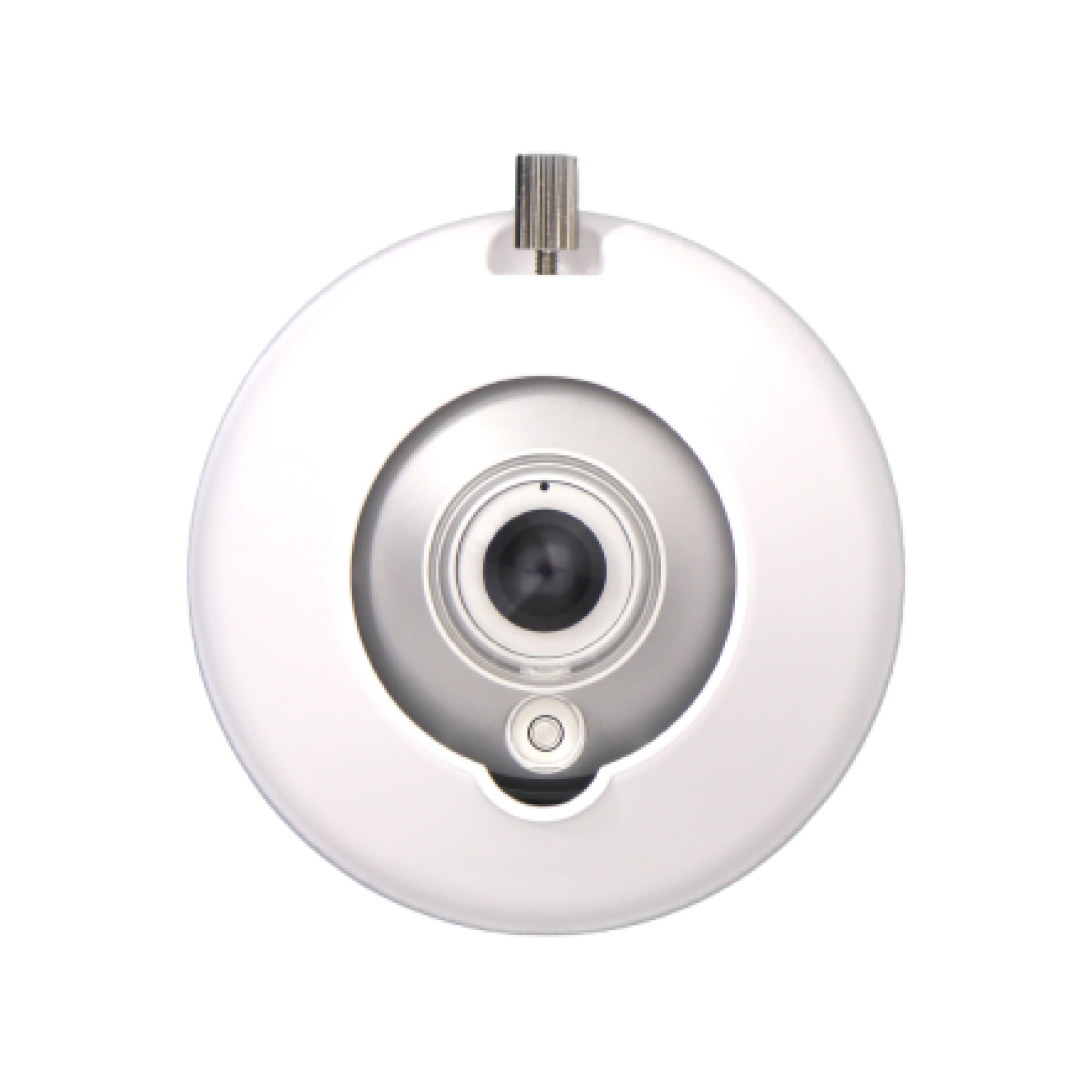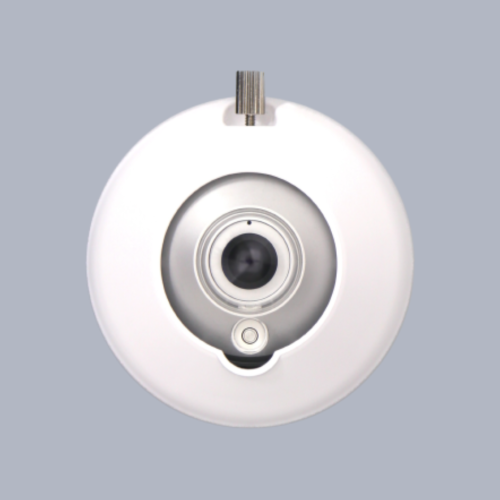MS-95S
Sunshine Duration Sensor

180° Ultra-Wide Angle Lens
Easy to install, with no moving parts or complex on-site adjustment, the MS-95S reinvents sunshine duration sensors, setting new standards for accuracy and stability.

MS-95S
The MS-95S reinvents sunshine duration sensors, setting new standards for accuracy and stability. Low-cost, compact, light, and robust, the MS-95S does not require calibration and, paired with the MV-01 Ventilator & Heater, performs consistently in all weather conditions.
Static and easy to install, with no special mount, moving parts, or complex on-site adjustment required, the MS-95S, part of EKO’s elite S-Series range of solar monitoring solutions, includes a unique 4-channel smart interface compatible with most data loggers, DAQ, and SCADA systems, plus internal diagnostic sensors for remote visibility over internal temperature, tilt and roll angle.
With an optical sensor design built around a new ultrawide-angle lens that observes the sky in 180°, the MS-95S employs a unique method to distinguish and record direct beam radiation from total sky radiation. Unaffected by detector temperature effects, irradiance conditions, solar elevation angle or detector non-linearity, the MS-95S is the ultimate choice for maintenance-free, long-term operation.
Key Features:
- Full Hemisphere Ultra-Wide Angle Lens Design
- Unmatched Stability, No recalibration required
- Smart 4-channel Analog & Digital Interface
- Internal Diagnostics for temperature, tilt, & roll
- 2-year Standard Warranty
Resources
Software
Accessories
Frequently Paired Together
Specifications
| Measurement accuracy | Total Monthly Sunshine Hours: >90% |
|---|---|
| Spectral Range | 400 to 1100 nm |
| Operating temperature | -40° to +80°C |
| Ingress protection | IP67 |
| Response time | 200 milliseconds |
| Signal Output | Modbus 485 RTU / 4-20mA / 0-10mA / 0-1V |
| Voltage Supply | Modbus: 5 VDC or 8 to 30 VDC 0-1V/4-20mA: 8 to 30 VDC |
| Power Consumption | < 0.2W (Digital) < 0.7W (Analog) |
| Diagnostic function | Temperature/ Tilt angle / Internal humidity alert |
| Size | ⌀96 × 101H |
| Weight | 0.4 kg |

